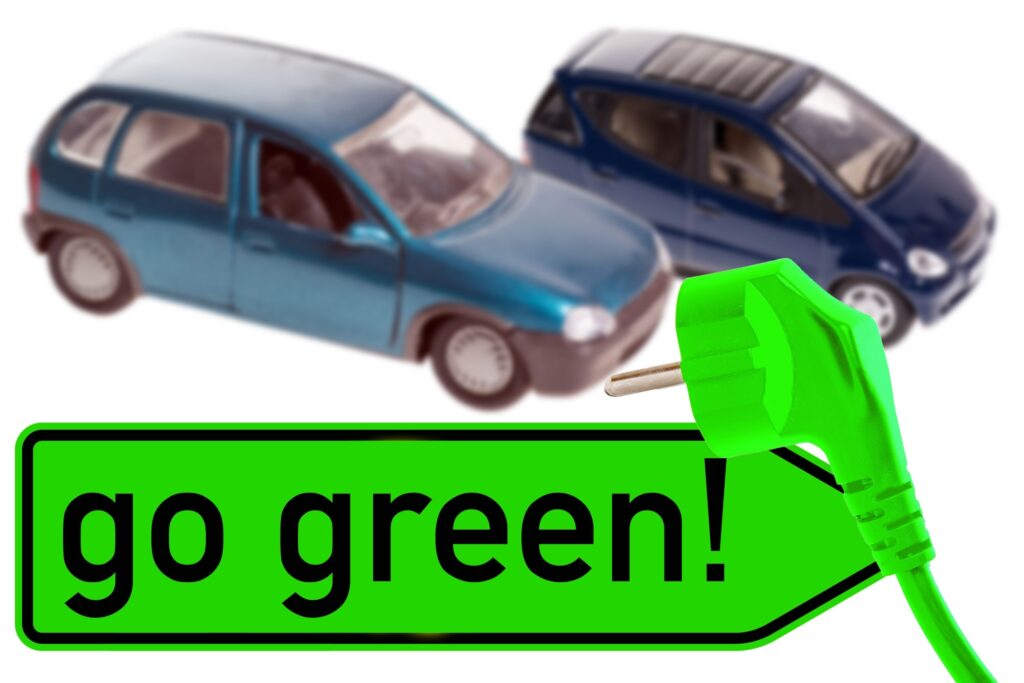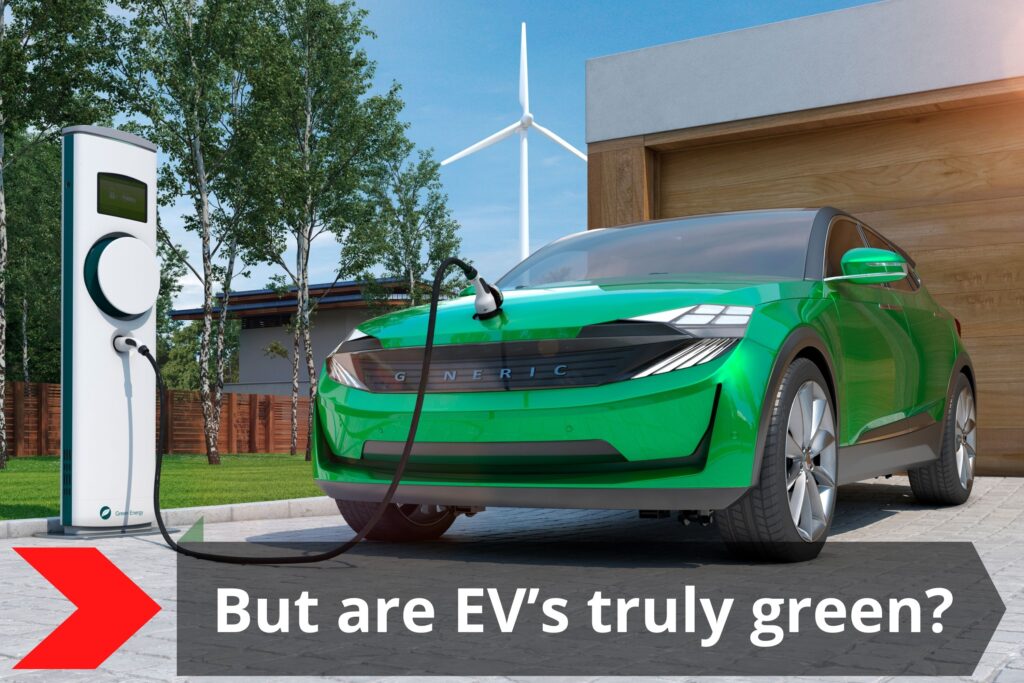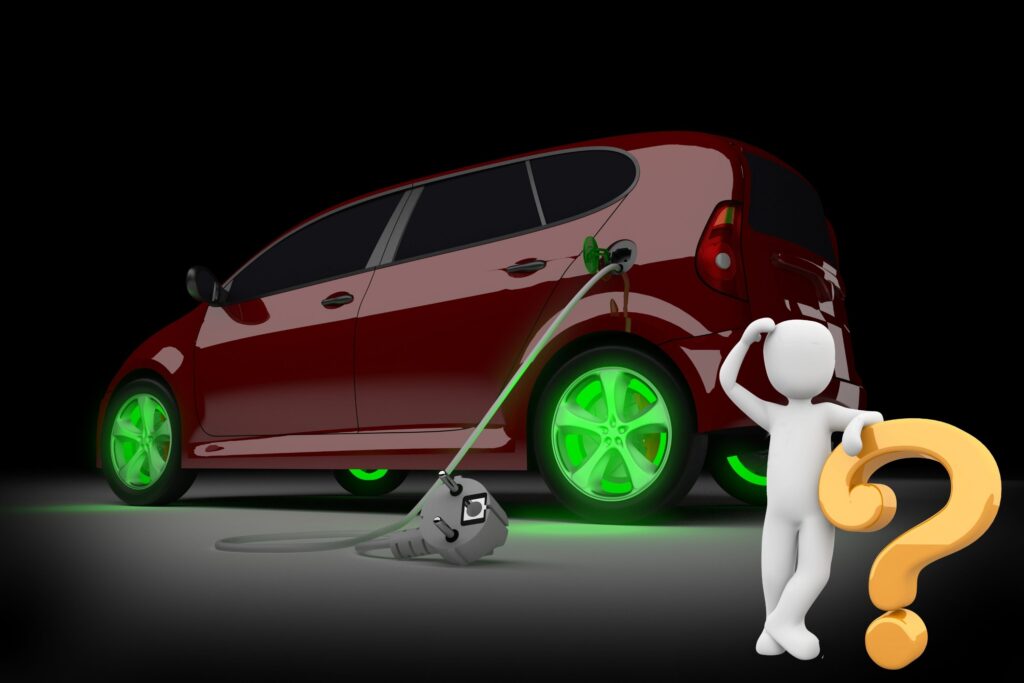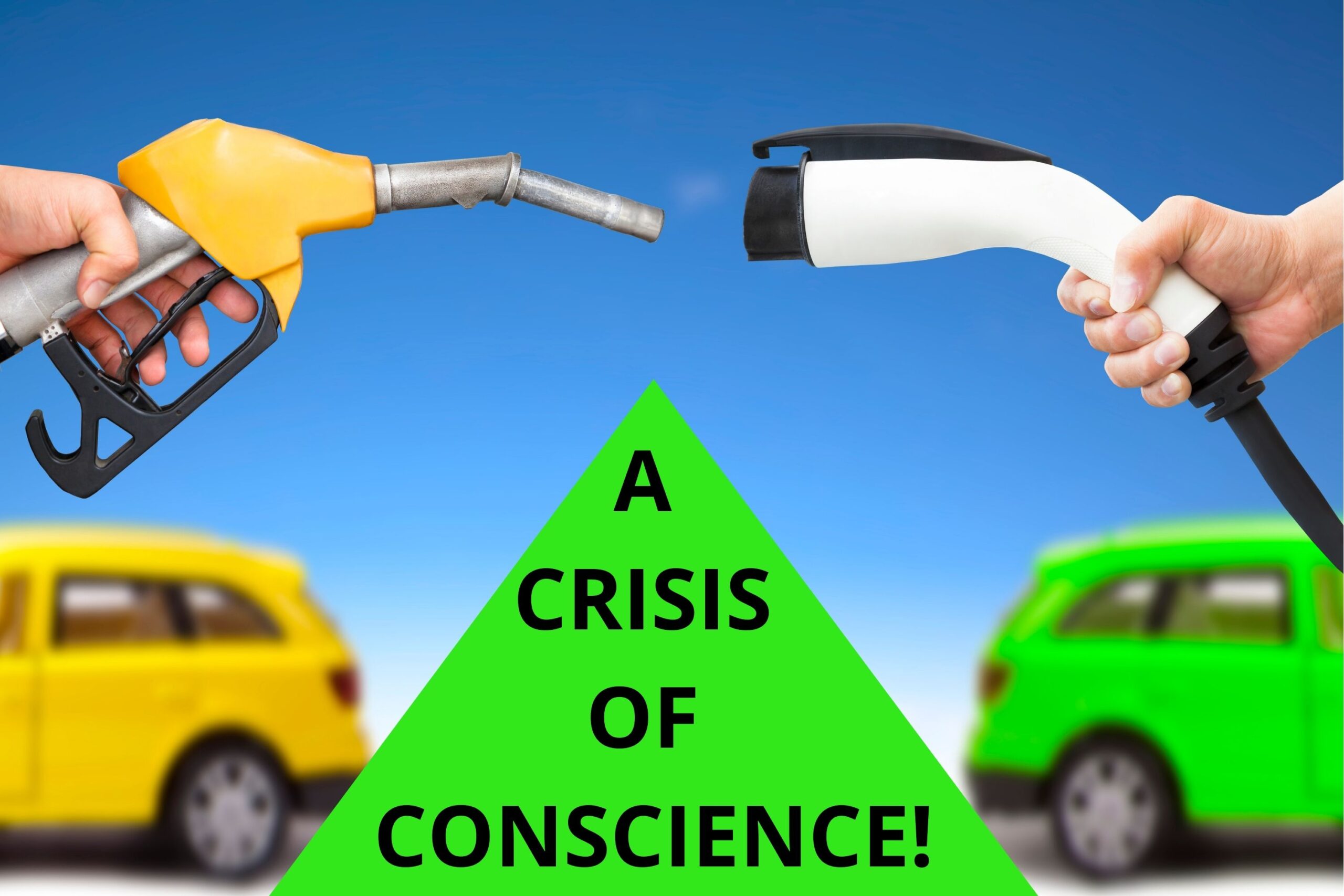Replacing a car – a case of Deja vu?
OK I’m in the fortunate position of being able to change the car I’ve owned from new since 2005. That’s 16 years-worth of ownership, or put another way, 3 MISSED cycles of replacement assuming an average 4-year period of vehicle ownership! Surely a good example of sustainable consumption?
Back in 2005 I was contemplating replacing my previous petrol car (owned for 6 years – lengthy vehicle ownership is not a new feature!) with something more “sustainable”. I was particularly concerned about the fuel consumption of my then petrol car – around 26mpg – which I thought poor.
UK Government advice in 2005 focused on CO2 emissions and was actively promoting diesel powered vehicles as one way of helping meet the UK’s Kyoto CO2 emissions targets. Based on this advice, I bought my first diesel car and was immediately impressed with the significant improvement in fuel consumption – 26mpg (petrol) to 38mpg (diesel) – together with a significant increase in power.
What was not to like?? What could possibly be wrong?
The first issue that should have raised more of a question at the time was the curious reference in my new car’s owner’s manual to “special synthetic oil”. When I tried buying this special oil from my local Dealer, I was told it was unnecessary as the UK specification of my new car “was not fitted with a Diesel Particulate Filter (DPF)”. With the benefit of hindsight this should have made me ask the Dealer for an explanation. Some years later I wrote to Mercedes Benz UK about this and was told that, even though my car had been designed with a particulate filter, the UK Type Approval process at the time did not consider this essential.
16 years on and what are the implications?
- I’ve been driving around in a car that could have trapped significantly more of the diesel particulate emissions from the 145,000 miles I’ve travelled!
- The UK government Type Approval was clearly remiss or downright dumb thinking the fitting of a particulate filter was unnecessary!
- You take Government advice at your peril!

And herein lies the rub…
As of 24 October 2021, the Ultra-Low Emission Zone (ULEZ) in London is being significantly extended to the North & South Circular roads. Transport for London (TFL) recently wrote to me to tell me that my car will become liable for the ULEZ charge £12.50 per day. This is bad news as we drive into London on a regular basis and hugely disappointing given the government’s 2005 support for diesel!
The UK government is presently trying hard to persuade the population to go electric or at least hybrid. And this time there’s a hard edge to the persuasion both financially – harsh vehicle tax bands based on CO2 emissions – and the banning of ICE vehicles by 2030 and hybrids by 2035.

But are EV’s truly green?
- Firstly, there are the huge ecological issues associated with the Lithium mining necessary to manufacture the EV Battery – the mining process itself involves nearly 2 million litres of water for each ton of Lithium produced!
- Lithium batteries are not just about Lithium, they also involve other components that are even more environmentally harmful eg Cobalt & Nickel. “Informal mining” involving child labour is unfortunately commonplace as is the product of toxic airborne particulates such as Uranium and Sulphuric Acid contamination.
- According to Forbes, EV battery manufacture in China currently consumes around 60% more CO2 than a traditional internal combustion engine. Volvo has suggested that their current EV’s need to travel 48,000 miles (4 years of average ownership) before the extra CO2 is offset – NB: the nature of the electricity used to charge the EV may or may not itself be green!
- The end-of-life disposal / recycling of EVs and EV Batteries is at yet “an industry in development”. In the meantime, mountains of used Batteries are likely to end up in landfill.
- Current PCP (Personal Contract Hire) vehicle purchase arrangements, typically 3 or 4 years duration, merely add to the consumption of scarce resources in terms of new car production.
- And Hybrids aren’t much better in that they have the same production / disposal costs PLUS being on average 200+kg (or TWO fat people) heavier due to the battery whether fully charged or empty!

And the case of Deja vu?
We’ve been here before in the UK with the 2005 government advice about diesel. My worry is we’re in danger of a repeat disaster ie “EVs – a 10 year ecological disaster in the making!”
The irony in all this is the demonisation of diesel through the VW Diesel-Gate scandal. Modern Diesel engines and DPFs effectively manage particulate emissions, produce less CO2 than petrol, offer better mpg and are probably the better technology to combine with electric hybrid vehicles.

And what about Hydrogen power – will Hydrogen power replace electric power?
It’s no secret that Saudi Arabia is investing heavily in Hydrogen technologies as a potential replacement in a post-hydrocarbon future. JCB UK Plant Manufacturer has recently demonstrated an adapted Diesel engine running directly on Hydrogen ie not involving a fuel-cell battery!
So, what am I going to do?
I’m sticking with diesel…
John
August 2021
References:
https://interestingengineering.com/clean-evs-and-dirty-lithium-mining-business
https://en.wikipedia.org/wiki/Hydrogen_economy
Do you agree? Tell us what you think – email: tellus@whatcanyoudo.earth or via our “Social Media Channels” (Top Right of our landing page)
“tellus” is a Latin word meaning “Earth” e.g. Tellus Mater the ancient Roman Earth Mother Goddess







